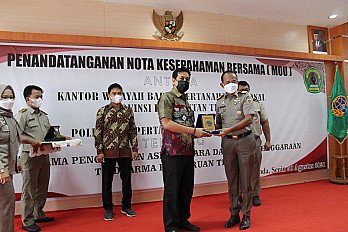SAMARINDA (23/11/2023) - Samarinda State Agricultural Polytechnic (Politani Samarinda) successfully held a National Scientific Seminar. This enthusiastically held event carried the theme "Smart Agriculture for a Sustainable Future: Innovation, Digitalization and Environmental Sustainability" at the Bumi Senyiur Hotel Samarinda (22/11/2023). This National Scientific Seminar began with remarks and the official opening of the activity by the Director of Politani Samarinda Hamka, S.TP., M.Sc., MP. Followed by remarks from the Chair of the activity committee, namely the Head of the Center for Research and Community Service (P3KM) Politani Samarinda Dr. Andi Lisnawati, S.P., M.Sc.
In this seminar, three keynote speakers were present, namely Prof. Dr. Bernatal Saragih, SP., M.Si from the Faculty of Agriculture, Mulawarman University, Rizki Maharani, S.HUT., M.Sc., Ph.D from the Biomass, Bioproduct Research Center, Biological and Environmental Research Organization, National Innovation Research Agency. and Prof. Dr. Ir. Yogi, MS from the School of Architecture Planning and Policy Development (SAPPK) - Bandung Institute of Technology. The event continued with a question and answer discussion where the seminar participants enthusiastically asked about the material presented by the speakers.
A total of 35 speakers from within the Samarinda Politani campus and from various other agencies and universities took part in this activity.
Apart from seminars, this activity also provides opportunities for researchers to participate in the Call for Paper, which allows them to share their research findings in the form of scientific papers. This aims to encourage research in the field of agriculture and other multidisciplinary sciences which can have a positive impact on the social economy of Indonesian society, especially in East Kalimantan.
Prof. Dr. Bernatal Saragih, SP., M.Sc. on this occasion delivered material related to Innovative, Resilient and Sustainable Agricultural Development. He explained the potential of technology in the agricultural sector as a solution to limited Human Resources (HR) caused by people's decreasing interest in becoming farmers. He further explained, "When this problem occurs, we can no longer talk about being labor intensive, but have to use technology. "One solution is to use technological innovations in agricultural equipment that use electricity and utilize artificial intelligence (AI)."
Other seminar speakers were Rizki Maharani, S.HUT., M.Sc., Ph.D. delivered material on Innovation Technology and Digitalization of Non-Timber Forest Products to Support Environmental Conservation. In his presentation he focused on the potential of Natural Resources (SDA) by utilizing the abundant biomass in forest ecosystems optimally without destroying them by generating creative, competitive, solution and productive ideas. He further stated loudly, “NO CUTTING! "By utilizing Non-Timber Forest Products (NTFPs), we can achieve a Better Life, a Better Future and a Better Environment so that sustainability towards conservation can be achieved."
Next, Prof. Dr. Ir. Yogi, MS explained the impact of toll roads on land conversion and food security in Indonesia. He explained, "Food security in Indonesia is threatened with serious problems, one of which is caused by the large number of land conversions such as the construction of toll roads, factories, etc. in various districts/cities, thereby eroding the growth of agricultural land." The higher the conversion of agricultural land that occurs, the higher the loss of food production that occurs in the area. “The conversion of rice fields that cannot be controlled properly can threaten the food security of the population. The population's food security can be maintained as long as the population's food availability can be met properly. "This can be achieved by increasing/maintaining the area of rice fields, increasing land productivity, and reducing the level of food consumption of the population," he concluded. (HUMAS/PUS)
In this seminar, three keynote speakers were present, namely Prof. Dr. Bernatal Saragih, SP., M.Si from the Faculty of Agriculture, Mulawarman University, Rizki Maharani, S.HUT., M.Sc., Ph.D from the Biomass, Bioproduct Research Center, Biological and Environmental Research Organization, National Innovation Research Agency. and Prof. Dr. Ir. Yogi, MS from the School of Architecture Planning and Policy Development (SAPPK) - Bandung Institute of Technology. The event continued with a question and answer discussion where the seminar participants enthusiastically asked about the material presented by the speakers.
A total of 35 speakers from within the Samarinda Politani campus and from various other agencies and universities took part in this activity.
Apart from seminars, this activity also provides opportunities for researchers to participate in the Call for Paper, which allows them to share their research findings in the form of scientific papers. This aims to encourage research in the field of agriculture and other multidisciplinary sciences which can have a positive impact on the social economy of Indonesian society, especially in East Kalimantan.
Prof. Dr. Bernatal Saragih, SP., M.Sc. on this occasion delivered material related to Innovative, Resilient and Sustainable Agricultural Development. He explained the potential of technology in the agricultural sector as a solution to limited Human Resources (HR) caused by people's decreasing interest in becoming farmers. He further explained, "When this problem occurs, we can no longer talk about being labor intensive, but have to use technology. "One solution is to use technological innovations in agricultural equipment that use electricity and utilize artificial intelligence (AI)."
Other seminar speakers were Rizki Maharani, S.HUT., M.Sc., Ph.D. delivered material on Innovation Technology and Digitalization of Non-Timber Forest Products to Support Environmental Conservation. In his presentation he focused on the potential of Natural Resources (SDA) by utilizing the abundant biomass in forest ecosystems optimally without destroying them by generating creative, competitive, solution and productive ideas. He further stated loudly, “NO CUTTING! "By utilizing Non-Timber Forest Products (NTFPs), we can achieve a Better Life, a Better Future and a Better Environment so that sustainability towards conservation can be achieved."
Next, Prof. Dr. Ir. Yogi, MS explained the impact of toll roads on land conversion and food security in Indonesia. He explained, "Food security in Indonesia is threatened with serious problems, one of which is caused by the large number of land conversions such as the construction of toll roads, factories, etc. in various districts/cities, thereby eroding the growth of agricultural land." The higher the conversion of agricultural land that occurs, the higher the loss of food production that occurs in the area. “The conversion of rice fields that cannot be controlled properly can threaten the food security of the population. The population's food security can be maintained as long as the population's food availability can be met properly. "This can be achieved by increasing/maintaining the area of rice fields, increasing land productivity, and reducing the level of food consumption of the population," he concluded. (HUMAS/PUS)
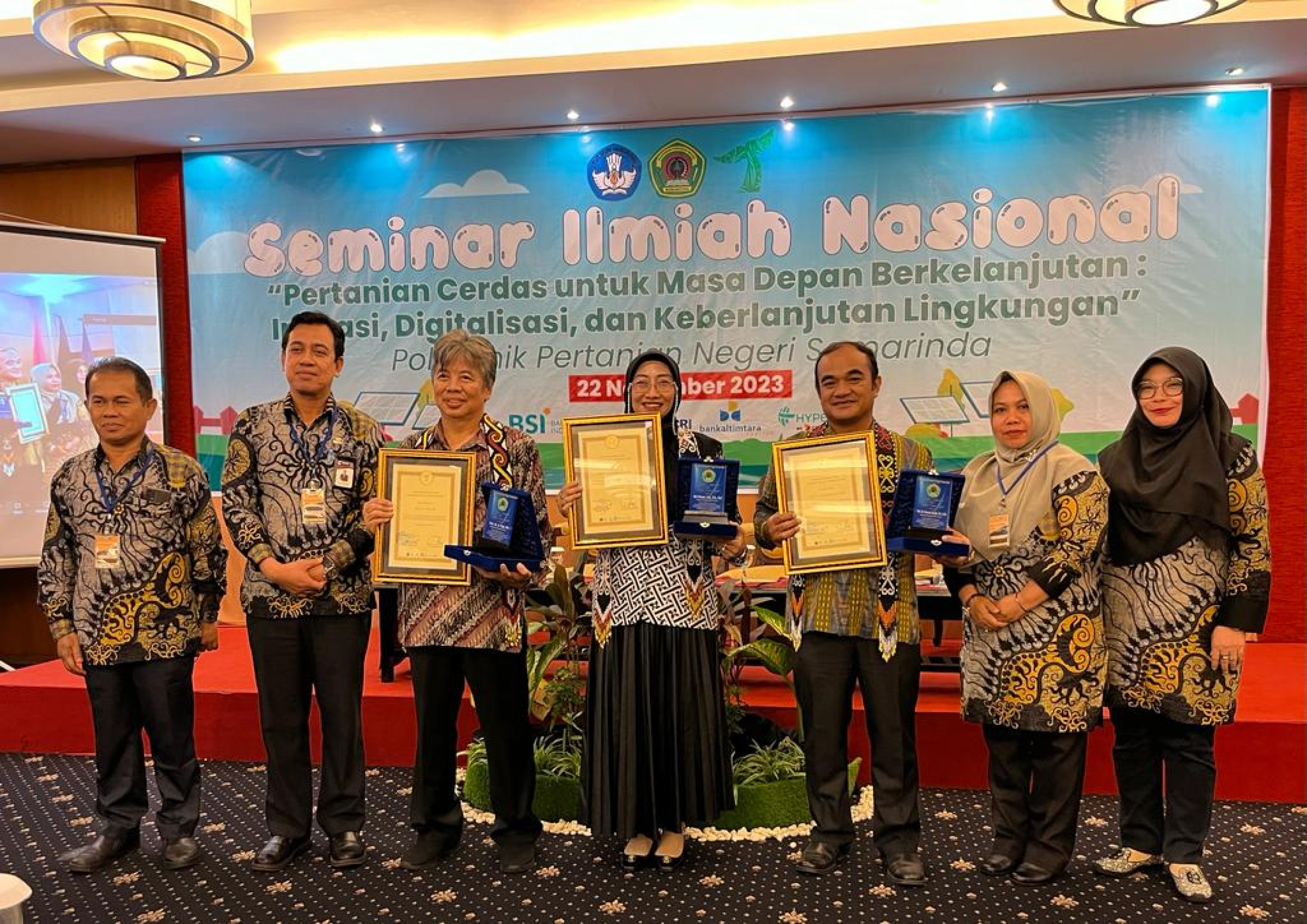
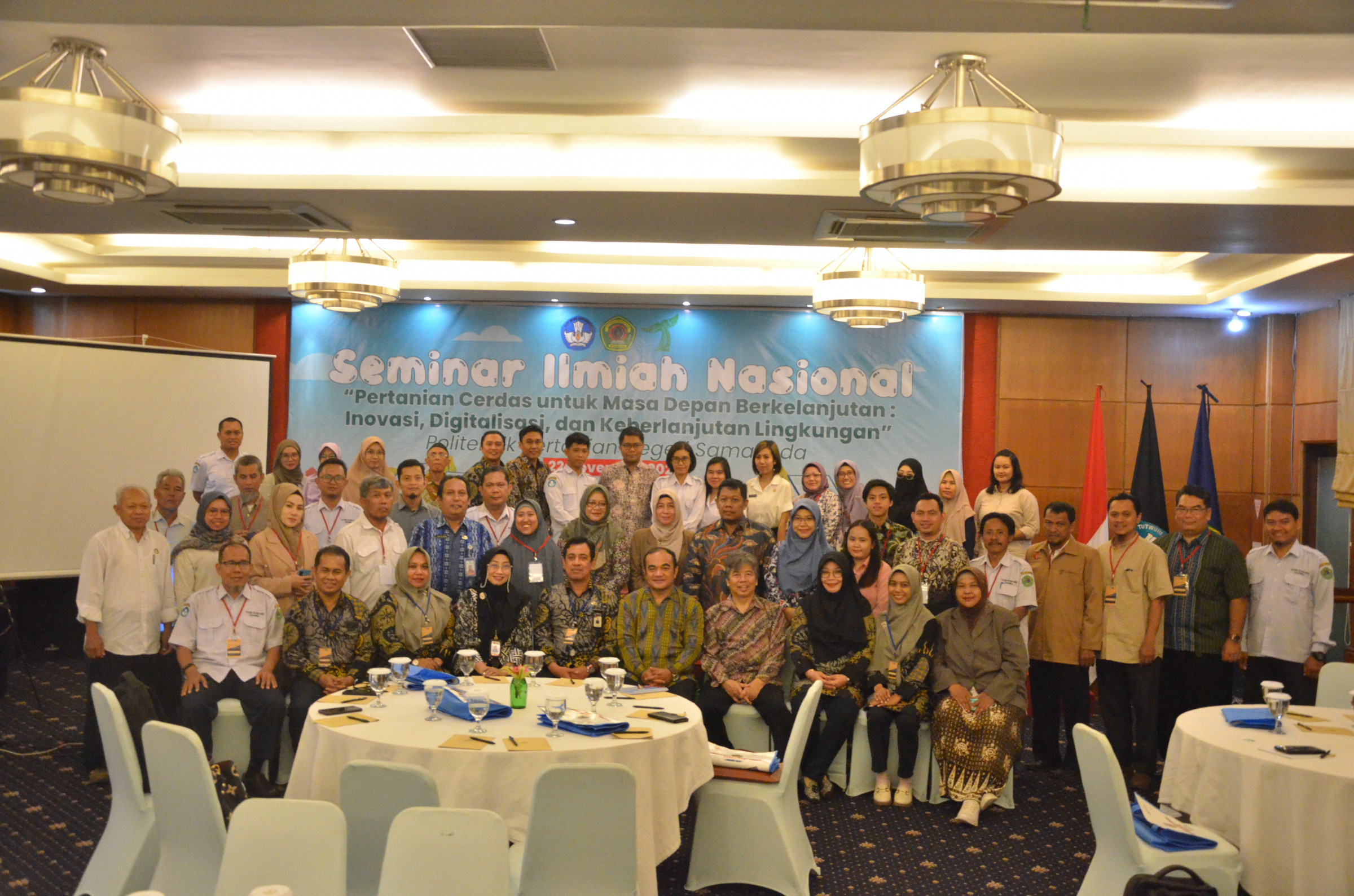
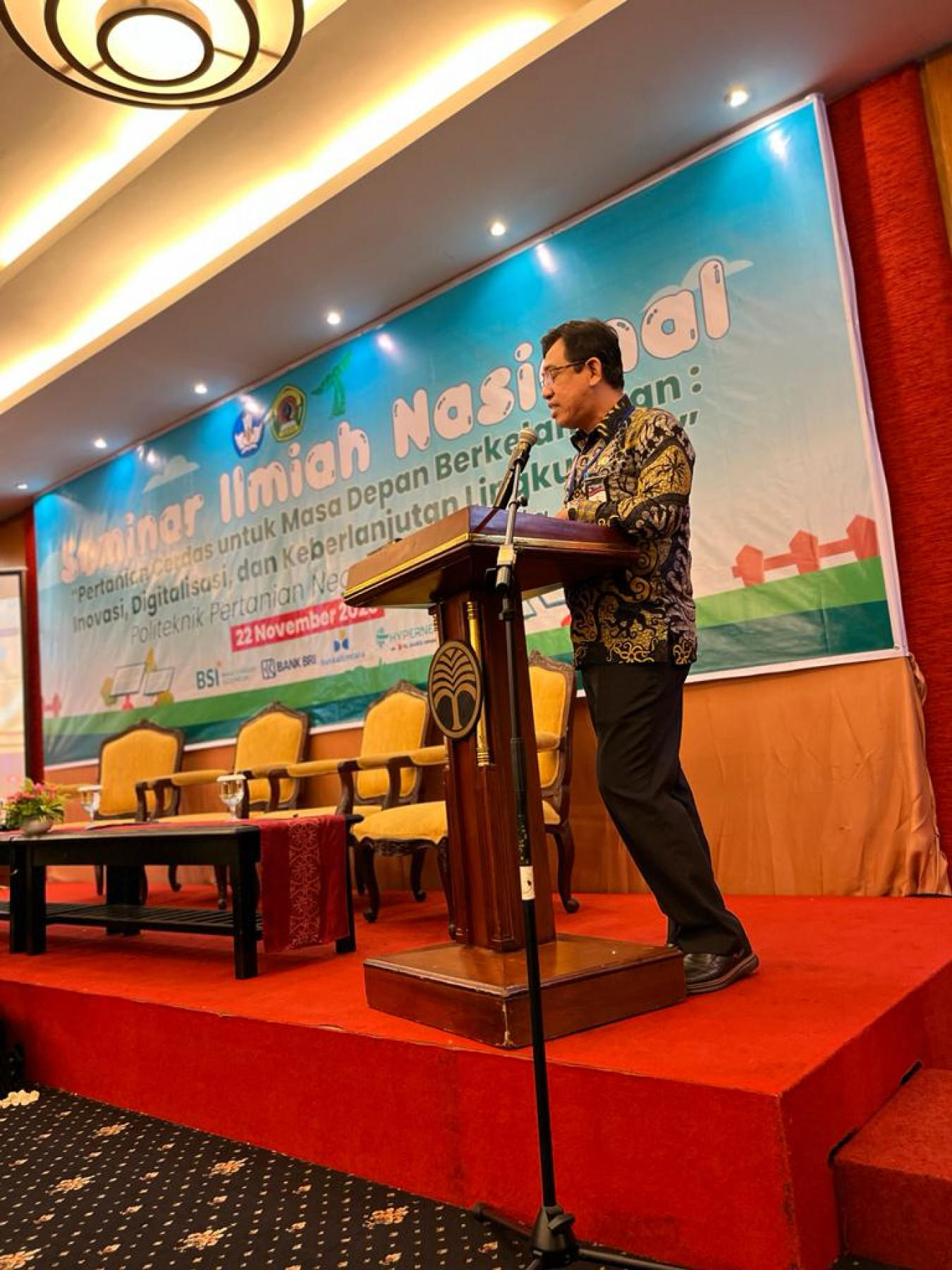
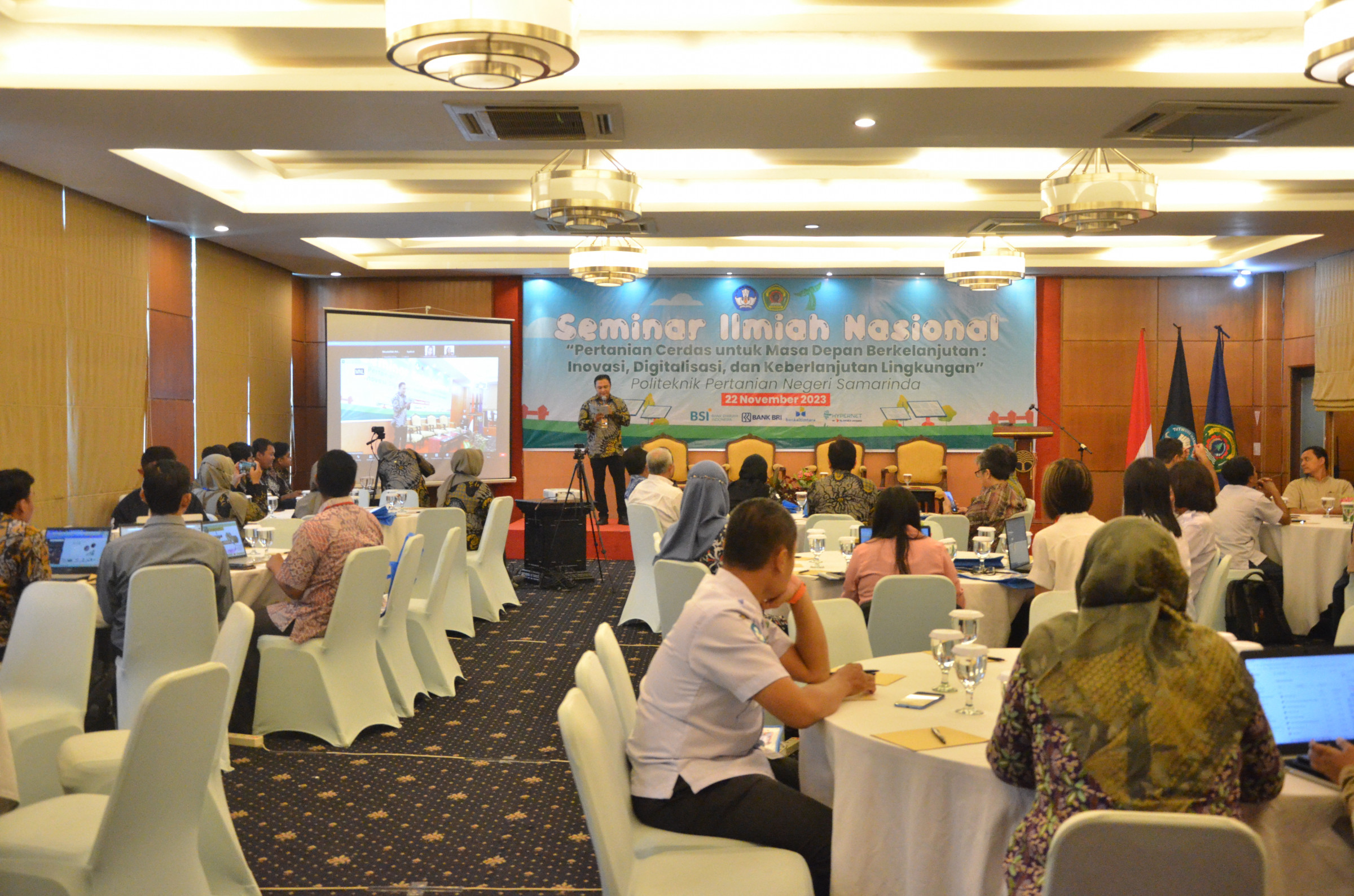
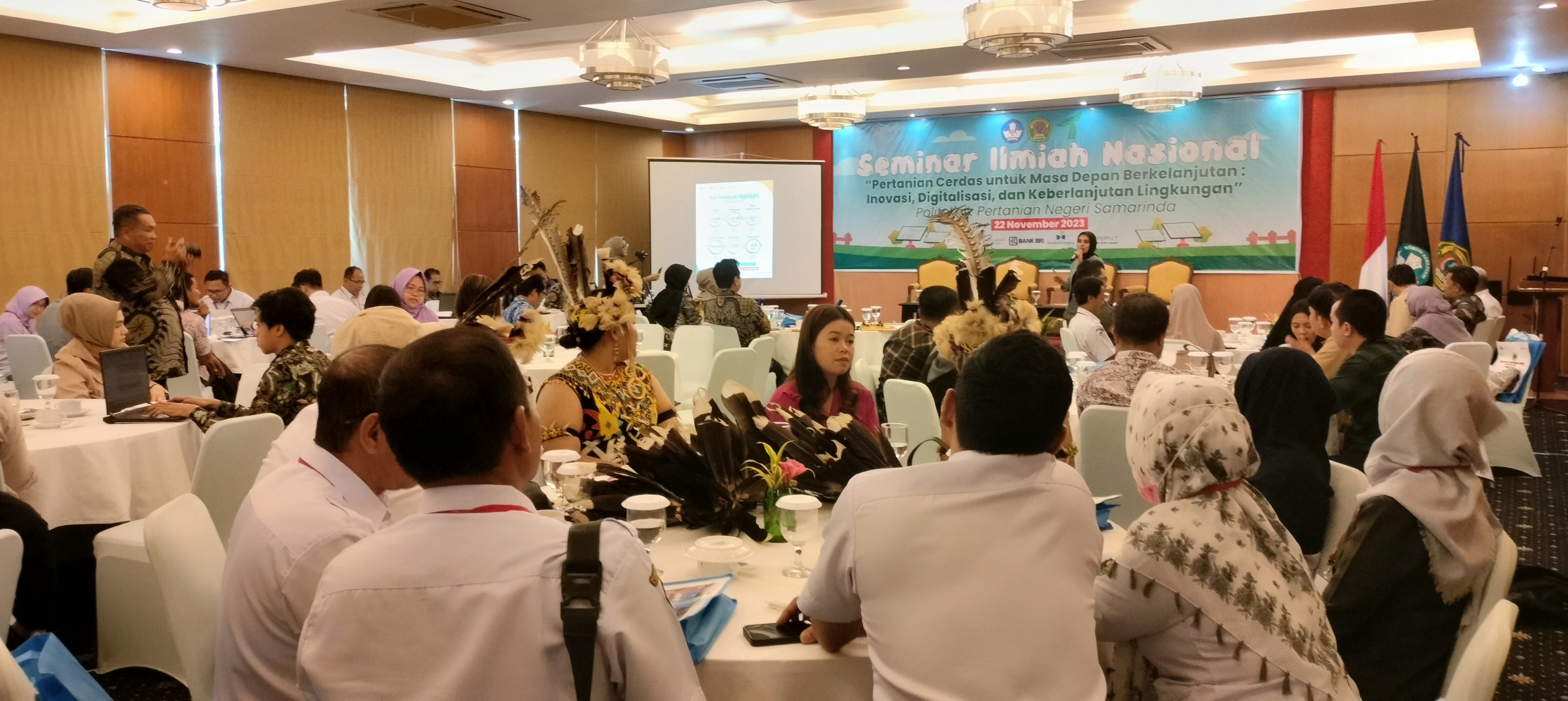
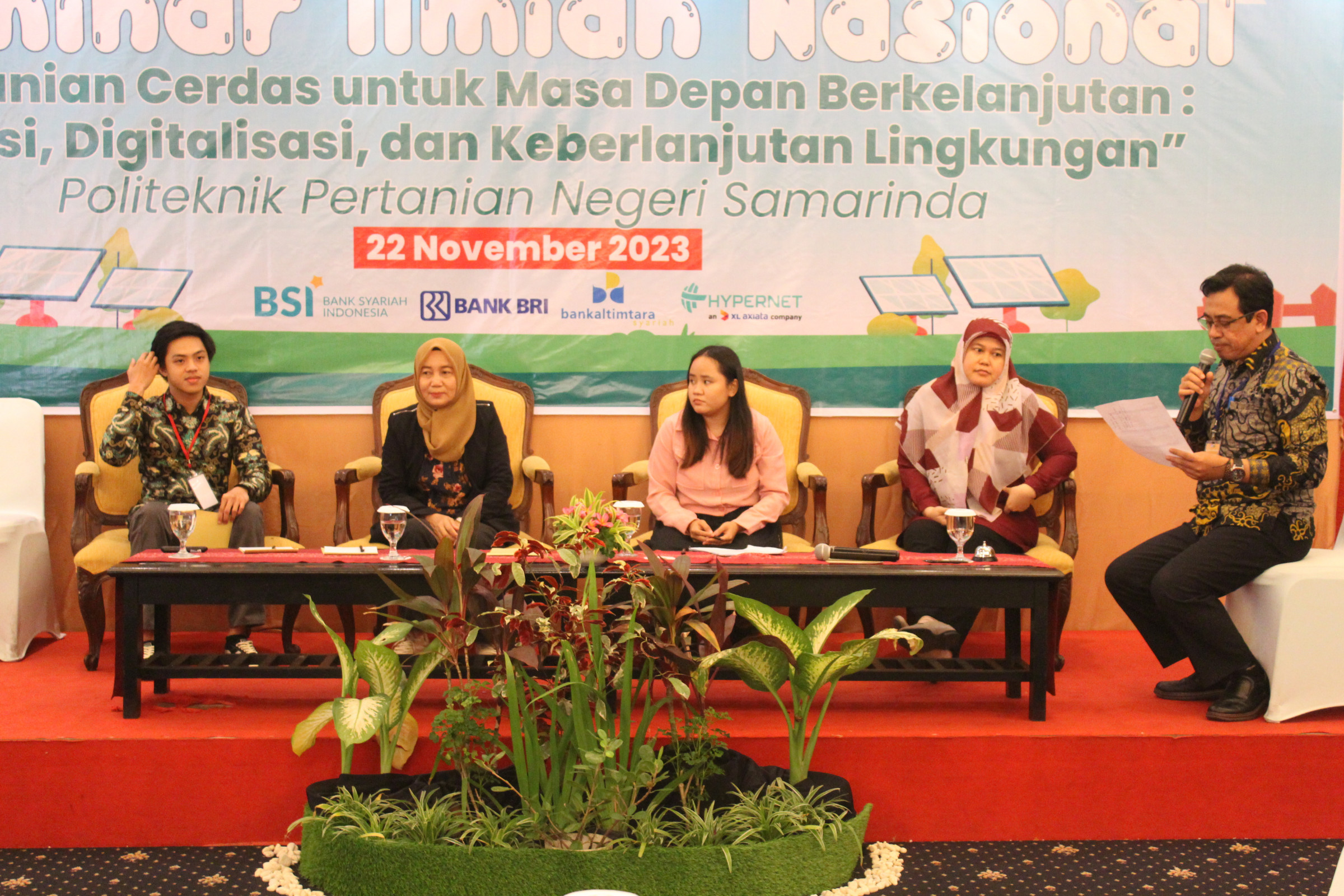
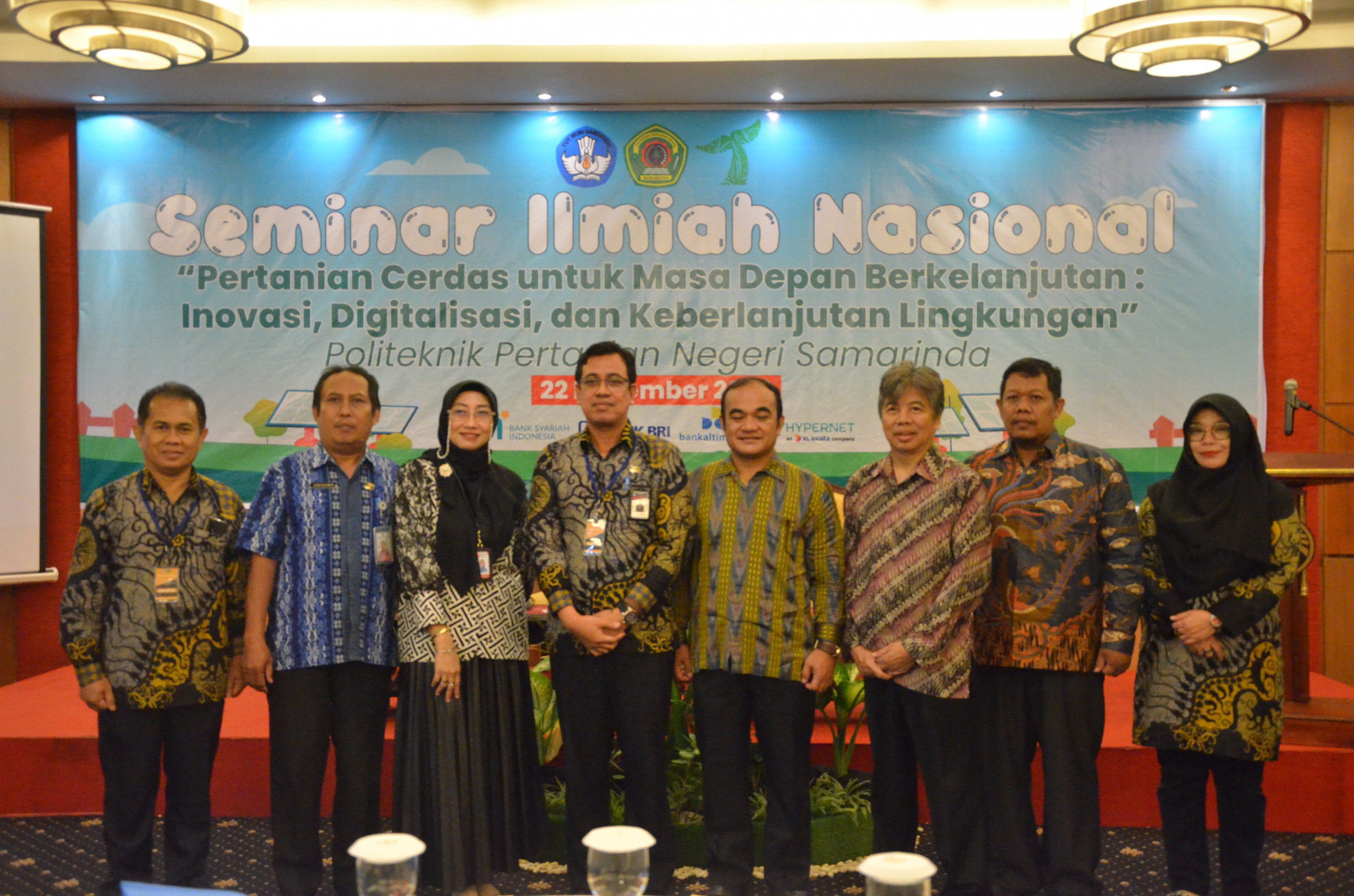
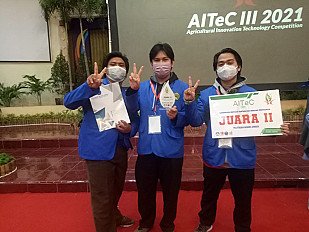
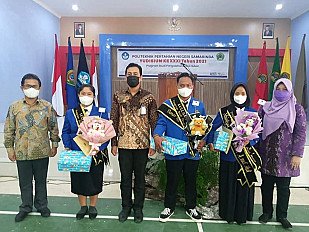
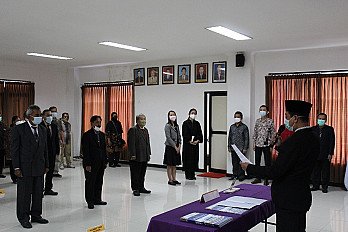
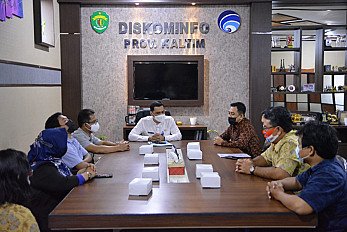
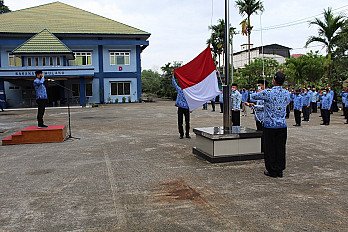
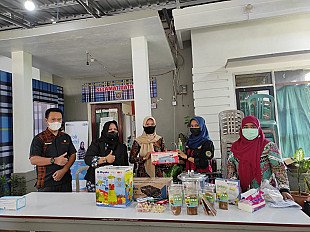
-thumb.jpg)
